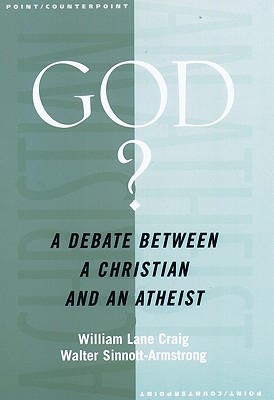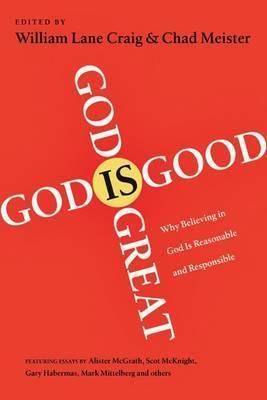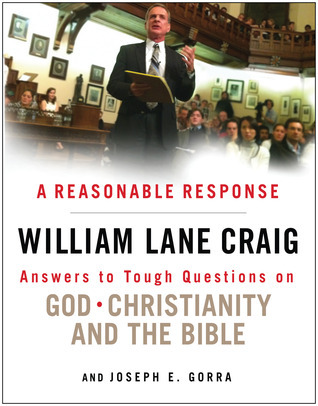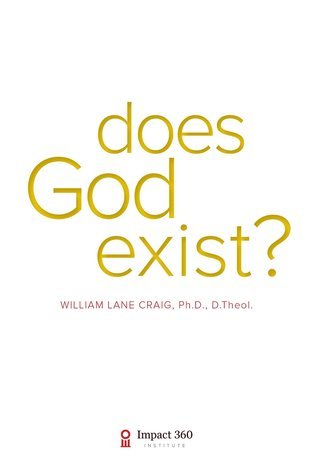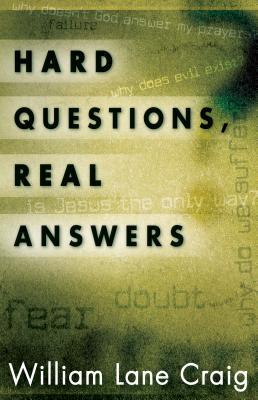
Hard Questions, Real Answers
Book Description
Dare to confront the toughest dilemmas of faith and existence? In "Hard Questions, Real Answers," William Lane Craig tackles the most pressing questions that challenge belief systems, unlocking profound insights with clarity and conviction. From the problem of evil to the existence of God, each chapter ignites a thrilling intellectual pursuit, revealing the strength of reason in navigating uncertainty. With fiery debates and tantalizing arguments, this book equips readers with the tools to engage in the ultimate quest for truth. What if the answers you seek could alter the very fabric of your understanding?
Quick Book Summary
"Hard Questions, Real Answers" by William Lane Craig delves into some of the most challenging questions facing believers and skeptics alike. Craig, an eminent philosopher and theologian, addresses deep and sometimes painful concerns—including suffering, doubt, prayer, the problem of evil, and the meaning of life—from a Christian apologetic perspective. He does not shy away from profound existential dilemmas but instead confronts them honestly, offering thoughtful and reasoned responses grounded in philosophy, theology, and personal experience. Craig encourages readers to apply rigorous thinking to their faith, to grapple sincerely with uncertainty, and to pursue truth while respecting both reason and revelation. The book serves as both a guidebook for those struggling with difficult questions and as an invitation for open dialogue between faith and skepticism.
Summary of Key Ideas
Table of Contents
Confronting Doubt and Uncertainty
William Lane Craig opens by acknowledging that many people wrestle with serious doubts and existential questions, especially at crucial moments in their lives. Rather than dismissing these concerns, he asserts the importance of grappling with them directly. Craig suggests that questioning is not a sign of weak faith, but an opportunity for intellectual and spiritual growth. Using his own journey and the queries of university students, he frames doubt as a catalyst that can strengthen convictions when approached with honesty and critical thinking.
Engaging Faith through Reason
The author contends that faith and reason are not oppositional; instead, they can harmoniously coexist and support each other. Craig employs philosophical arguments and rational analysis to defend central tenets of Christianity, such as the existence of God, the historicity of Jesus, and the reliability of Scripture. He demonstrates how engaging with difficult questions through reason helps believers develop a more resilient, thoughtful faith, and provides a robust framework for apologetics.
The Problem of Evil and Suffering
One of the most compelling sections is Craig’s exploration of the problem of evil and suffering. He does not offer simplistic explanations but addresses the emotional and intellectual weight of the issue. Craig explores various approaches: free will, the purpose of suffering, and the possibility of greater goods emerging from apparent pain. Through philosophical reasoning and biblical insight, he encourages readers to face suffering with hope, while honestly acknowledging the mystery and depth of the problem.
Purpose and Meaning in Life
Craig emphasizes the search for purpose and meaning as a universal human drive. He argues that without God, ultimate meaning, moral value, and purpose become difficult to justify. Through careful reasoning, he presents the case that belief in God provides a coherent foundation for understanding life’s significance and moral reality. This section challenges both believers and skeptics to examine whether their worldview can satisfactorily account for the longing for purpose present in every heart.
The Role of Prayer and Spiritual Discipline
The final theme explores the practice of prayer, spiritual discipline, and community as essential elements for navigating hard questions. Craig underlines the importance of spiritual habits in sustaining faith during seasons of doubt and pain. He suggests that prayer is not merely asking for things, but deeply communicating with God, which nurtures relationship and trust. The book concludes by encouraging readers to pursue both intellectual inquiry and a vibrant spiritual life as complementary means of seeking truth and certainty.
Download This Summary
Get a free PDF of this summary instantly — no email required.


